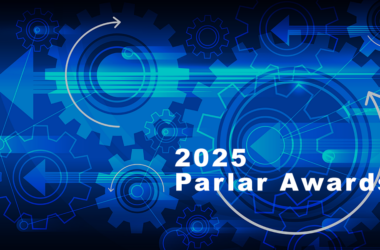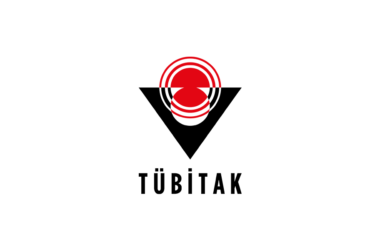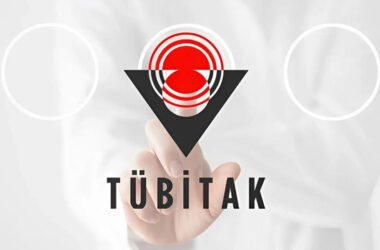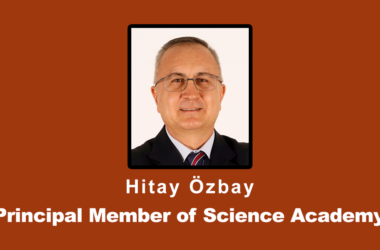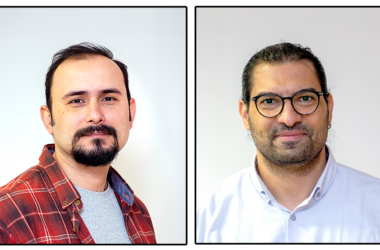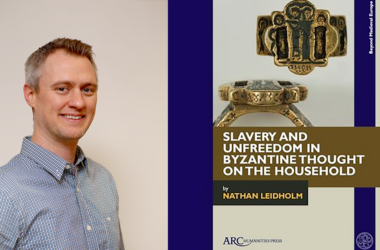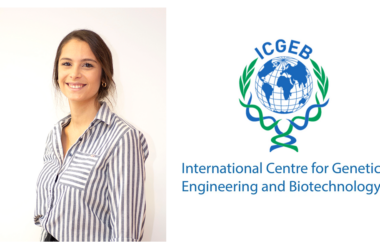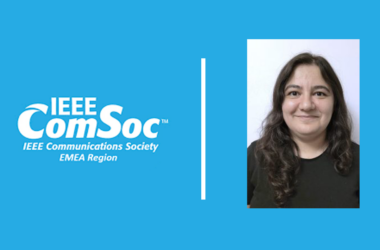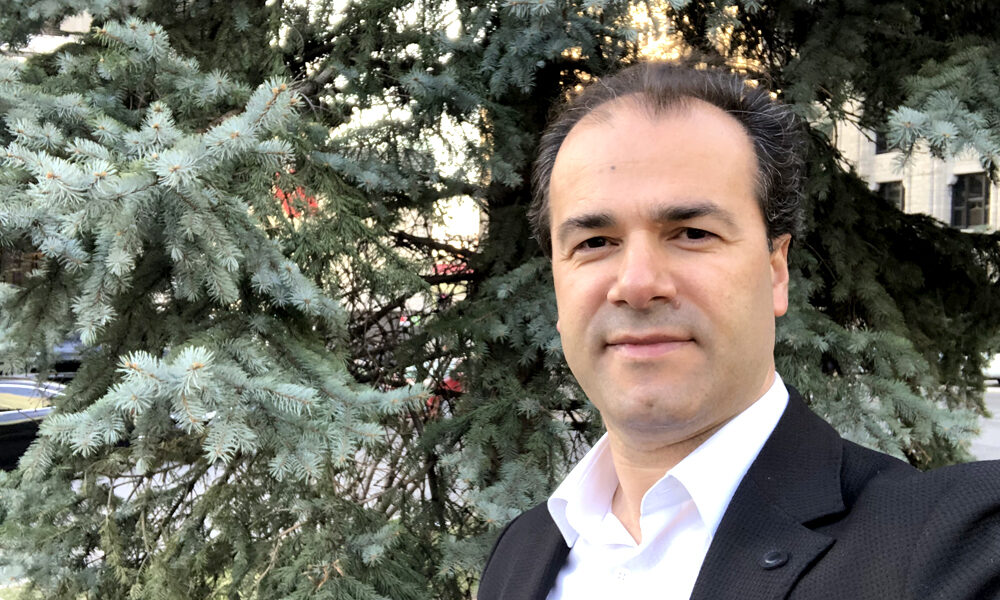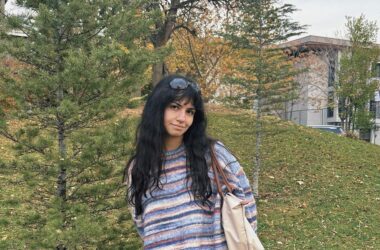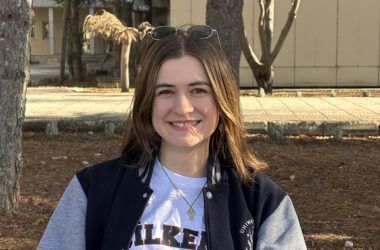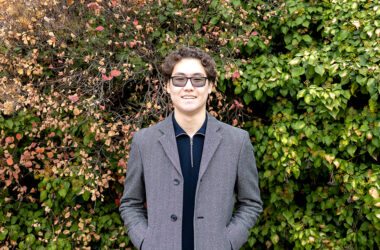BY PELİN SU UZUNCAGİL (AMER/II)
Associate Professor Bülent Batuman is Chair of the Department of Urban Design and Landscape Architecture as well as an instructor at the Department of Architecture. He is also the Associate Dean of the Faculty of Art, Design and Architecture. He received his B.Arch and M.Arch degrees from Middle East Technical University (METU) in Architecture and his PhD from The State University of New York in History and Theory of Art and Architecture. Prior to joining Bilkent, he was teaching in Mersin University. His research and teaching interests are social production and politics of the built environment, history and theory of modern architecture and urbanism, urban politics, Islamism and the built environment. He is teaching “Culture, Politics and the Modern City” (ADA 471) and “Space and Culture” (ARCH 564) at Bilkent.
Why did you become a professor?
I had not had this career in mind. When I was an undergraduate student, I graduated without any sense of being an academic scholar. However, while I was doing my master’s at METU, I realized that I was enjoying reading and writing and that it had become a pleasure. I also realized that this could be my career path.
Why/how did you choose Bilkent? What do you like the most about being at Bilkent?
I did my PhD abroad, and when I returned to Turkey I chose Bilkent because it is one of the best universities in the country. The more time I spent here, the more I realized that Bilkent is a good place and quite different from other universities in Turkey. I have particularly enjoyed and appreciated the way the university regards the professors. The freedom that we enjoy in terms of our research topics is significant. I also enjoy the way the students are creating a lively environment. It is not just about having a social environment; it is more than that. The students are aware that they are a component of a valuable community. This is an important aspect of Bilkent.
What projects are you working on currently?
I have been working on the social and political aspects of the built environment. Recently, I have also started to work on how ethnic and religious minorities in Turkey are producing their architectural spaces and how they negotiate urban structures. In southern Turkey, incidentally, the earthquake hit just such a region. Right now I am refocusing my research in light of the earthquake and its social consequences.
What’s your best work?
The poet Nazım Hikmet writes, “Our best days are the ones that we have not seen yet.” I would like to think that my best work is one that I have not written yet. However, I like my book New Islamist Architecture and Urbanism.
What excites you about your work? What’s the coolest thing about your work?
I am not sure I can say there is something cool about my work, but I like it. It excites me in the sense that it brings together my social concerns and my scholarly curiosity. The themes that I investigate are the topics that I feel we should be addressing as social problems.
Could you share a turning point or defining moment in your career?
I think that would be the moment I first came to Bilkent. I felt like Bilkent and I were a good match. Being at Bilkent has increased my capacity to do research, not only in terms of the tools the university provides but also the motivation.
What has been the most exciting moment of your career so far?
It was the moment I saw my first book published.
What’s one piece of information from your field that you think everyone should know?
That the built environment, cities and space matter in terms of social and political relations.
When and where do you do your best thinking?
In my office. But because I am also responsible for administrative tasks, I do my best thinking when nobody is around. I need to be alone.
What distracts you?
Administrative work.
What are you most curious about?
I am most curious about how the organization of space can trigger emancipation.
What’s the most common misconception about your work?
Architecture is merely an art.
What do you like to do when you’re not working?
I play bridge.
Which books have influenced you the most, and why?
Henri Lefebvre, Production of Space, Urban Revolution, Right to the City. I am also inspired by David Harvey’s works.
If you weren’t a professor, what career would you choose?
Architect.
What’s the secret to leading a happy life?
I think it is realizing that life is not just about work.
If you could go back to your graduate/undergraduate student years, what advice would you give your younger self?
Get a hobby. Do something that makes you happy.
